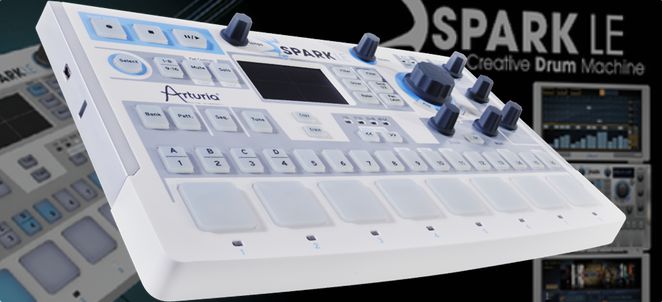
We’d love to hear a little bit about your creative process. Which lead me to rediscover the group of classical composers whose music I grew up with, but never particularly appreciated: Mozart, Schubert, Bruckner, Mahler. For example, I only recently realized how much my upbringing in Austria has laid a foundation for my musical preferences. Things that seemed boring a while ago, all of a sudden unlock themselves. It’s interesting to me how our perception of music shifts during our lifetime.

I listen to a lot of music, constantly… occupational habit, I guess. Who/what are your biggest musical influences? Fortunately for me, both the director, Len Wiseman, and producer Richard Wright, wanted a non-traditional approach but with a large cinematic sound, and apparently my material was the closest to what they were envisioning for the film. There are usually a series of coincidences leading to this point, but my first big film in the US, Underworld (2003), happened as a result of a demo I had submitted. What was the path or the turning point that landed your first major scoring gig? I guess this was the start of my obsession about putting things together in a different way, which to this day informs my compositional approach, less the nail-polish.

When I was about 7 years old, I started ‘restructuring’ my family’s piano-keys with nail-polish, because I did not like the way the keys were arranged. How and when did you first start composing?

We got to talk with him about his start in composing for media, his biggest influences, and his thoughts on scoring thrillers: From flagship games like Rainbow Six: Siege to premier television shows like AMC’s Halt and Catch Fire soundtrack, to big Hollywood thriller franchises like the Death Race and Underworld films, Paul has scored a plethora of projects across multiple media platforms. If you take a look at Paul Haslinger‘s catalog of work, one word comes to mind: prolific.


 0 kommentar(er)
0 kommentar(er)
